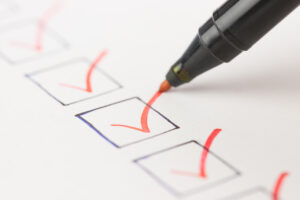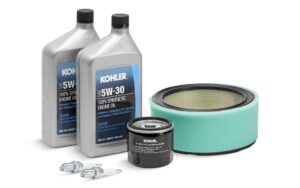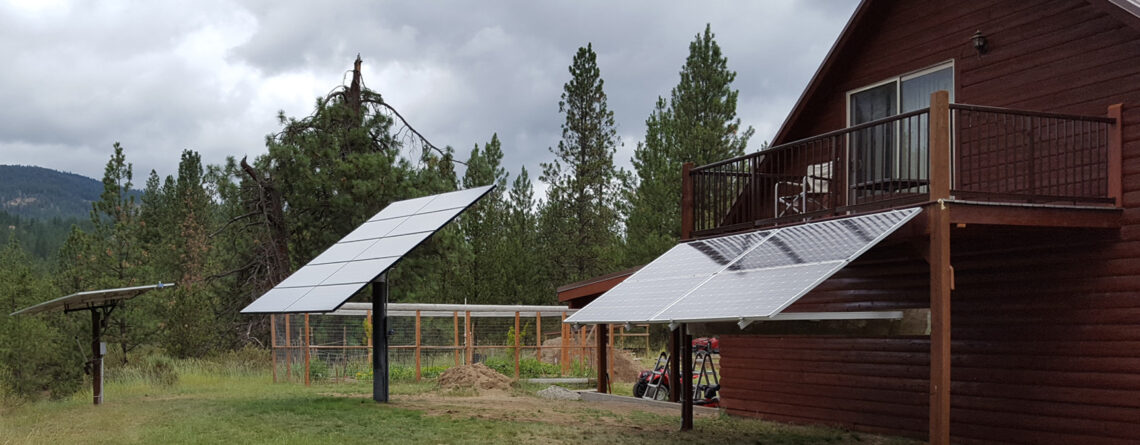Off Grid Solar System Maintenance
An off grid power system is an investment in comfort and convenience when you’re away from the power lines. To protect your investment and make sure you have power when you need it, it’s important to consistently do any necessary maintenance, or at some point you’ll run into trouble.
 We suggest you start by making a list of equipment to check on your system. Your list should at least include any primary and complementary power sources (solar panels, micro hydro, wind turbine), your batteries, and any supplemental power source such as a generator.
We suggest you start by making a list of equipment to check on your system. Your list should at least include any primary and complementary power sources (solar panels, micro hydro, wind turbine), your batteries, and any supplemental power source such as a generator.
Here we provide some general guidance, but you will need to refer to your owner’s manuals or the equipment manufacturer’s website for maintenance requirements for your specific pieces of equipment. Especially when it comes to batteries and generators, there can be a wide variety of maintenance requirements, so it’s best not to guess. And be sure to set reminders so you don’t forget and run out of power at a particularly inconvenient time.
Solar Panels
Solar panels don’t need much maintenance, but what they do need is important so that they always provide optimal power.
- Keep your solar panels clean. Dirt, pollen and debris can build up and significantly impact the amount of light they receive reducing the amount of power they produce. It’s best to clean your solar panels at least once a year; more often if you notice they look grimey. For solar panel cleaning instructions, click here.
- Similar to keeping your solar panels clean, it’s critical to keep surrounding vegetation from blocking sunlight. Tall trees and shrubs are obvious, but if you have a ground or pole mount solar array you may also need to cut back tall grass and shrubs.
READ: How to Clean Your Solar Panels
Solar Batteries
If you have flooded lead acid batteries:
- Check the battery terminals and cables for corrosion. Clean if necessary. Petroleum jelly or liquid electrical tape can help reduce corrosion and won’t affect conductivity.

- Visually inspect the casing of your batteries for draining fluid, swelling, discoloration or cracking.
- Check the water levels
- Purchase and learn how to properly and safely use a hydrometer or refractometer to measure specific gravity. Record and save readings for historical data.
- Equalize
- Equalizing is a controlled overcharge done to flooded lead acid batteries after they have been fully charged. Equalizing helps remove built-up sulfate, the number one cause of failed batteries. It also balances the voltage of each cell, to help reduce stratification, a major cause of sulfation. For more information about equalizing batteries, refer to your battery manufacturer’s maintenance instructions, or read more on the Trojan Battery website.
For both FLA and maintenance free batteries:
- Check battery cable connections 1-2 times per year to avoid loose connections. As metal expands and contracts during charging and discharge connections can loosen over time which can result in power loss and potential damage from arcing.
Generators
- Change oil and oil filter
- Check and replace air filter as needed
 Spark plug (if applicable)
Spark plug (if applicable)- If used infrequently, start and run your generator for a few minutes at least monthly.
- Refer to your owner manual to ensure you’re maintaining any model-specific components.
- It’s a good idea to inspect your starter battery too. If your generator isn’t run regularly the battery may need to be replaced or recharged before it is used.
Seasonal Off Grid System Maintenance Considerations
Many off grid places are used seasonally rather than as a full time residence. For these power systems, extra steps need to be taken to make sure they are still functional after months of being unattended.
- Protect your batteries FLA from freezing or extremely hot temperatures. You need to do this always, but if you’re leaving them in an unheated cabin during the winter you may need to take additional steps.
- Be sure your batteries are fully charged and equalized prior to leaving for the season. Verify the water level is full with the hydrometer.
If you are will be running loads when you’re gone:
- Disconnect any loads that you don’t need running while you’re away to reduce the risk of your system shutting down because the batteries get too low.
If you will not be running loads when you’re gone:
- Shut your inverter completely off. Even if you’re not running loads your inverter will draw some power. Turning it off eliminates the risk of your batteries being drained inadvertently.
- Leave your solar on since your charge controller will regulate the power accordingly, and keep your batteries top off while away.
READ: Why Product Reliability is Critical When You Live Off the Grid

